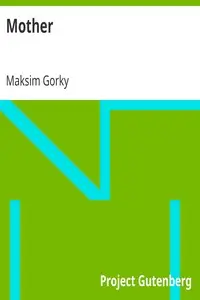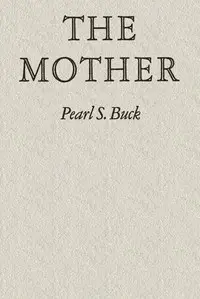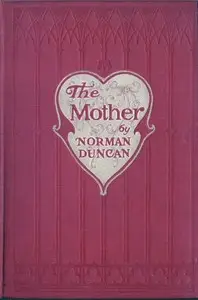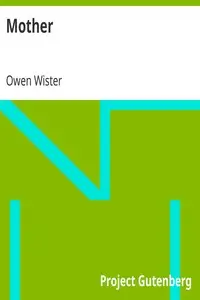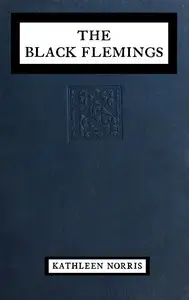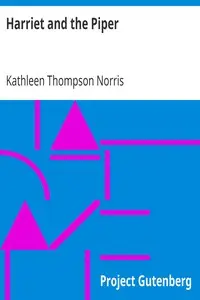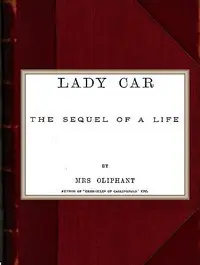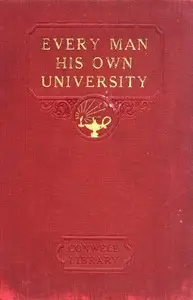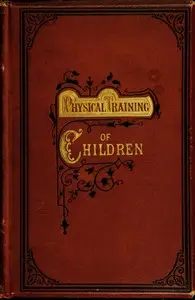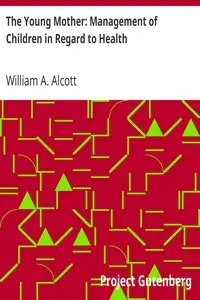"Mother: A Story" by Kathleen Thompson Norris is a tale of a young teacher trapped between simple-town life and dreams of something bigger. Meet Margaret Paget, a woman wrestling with her role versus her wants, set against the backdrop of everyday family struggles and what everyone expects of her. Opening on a weary Margaret, as she quietly suffers through the last week of mundane work as a teacher. She dreams of a world beyond her classroom. She expresses a longing for something more. Family chaos increases when her brother’s heartbreak and her weary mother’s arrival.
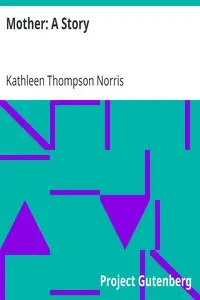
Mother: A Story
By Kathleen Thompson Norris
A woman yearns to escape her classroom for something more, but family drama may keep her chained to expectations.
Summary
About the AuthorKathleen Thompson Norris was an American novelist and newspaper columnist. She was one of the most widely read and highest paid female writers in the United States for nearly fifty years, from 1911 to 1959. Norris was a prolific writer who wrote 93 novels, many of which became best sellers. Her stories appeared frequently in the popular press of the day, including The Atlantic, The American Magazine, McClure's, Everybody's, Ladies' Home Journal, and Woman's Home Companion. Norris used her fiction to promote family and moralistic values, such as the sanctity of marriage, the nobility of motherhood, and the importance of service to others.
Kathleen Thompson Norris was an American novelist and newspaper columnist. She was one of the most widely read and highest paid female writers in the United States for nearly fifty years, from 1911 to 1959. Norris was a prolific writer who wrote 93 novels, many of which became best sellers. Her stories appeared frequently in the popular press of the day, including The Atlantic, The American Magazine, McClure's, Everybody's, Ladies' Home Journal, and Woman's Home Companion. Norris used her fiction to promote family and moralistic values, such as the sanctity of marriage, the nobility of motherhood, and the importance of service to others.



